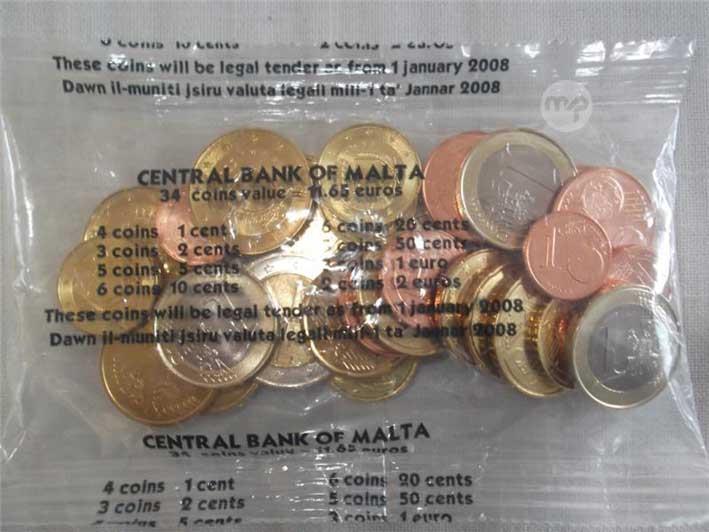In recent history, the Second World War may be considered as the second great siege of Malta, the first being that of 1565. During 1940-43, the enemy was visible in the form of aerial bombardment; this time it is a microscopic corona virus.
During wartime, Malta was conscoiidered as one of the most completely mobilised and regulated societies of all time with regard to effectiveness and administrative services. Among several measures to protect the civilian population, the people sought shelter in underground cubicles. The rationing of essential commodities and the distribution of gas masks and training in their use was also organised.
The Maltese civil, military and religious authorities of the time were very pro-active in ensuring not only that the people were protected and fed but also that the morale of the people was kept high. The idea of people wanting to remain in shelters was discouraged as this would not only jeopardise their health but also further inculcate fear and dampen the morale of the people. People were encouraged to take fresh air and exercise themselves, always with caution and restraint.
Gas masks were considered important aspects in the defence of the Maltese islands due to the threat of a gas attack. In fact as early as 1935 intensive training courses were held by instructors such as health inspectors, Police and Military personnel in gas mask use. Different gas masks were produced for babies, children and adults.
The Chief Government medical officer at the time was Prof. Albert V. Bernard. With the threat of the invasion of Malta by Axis powers, the people were advised in broadcasts of the precautions to be taken. Among many other tasks, Prof. Bernard was a frequent broadcaster who gave details of the scheme to ensure medical and health services would continue to function under attack. For his many sterling efforts during the war Prof. Bernard was honoured with the Commander of the Order of the British Empire (CBE) at an investiture at the Palace Valletta on 28 January 1942.

The notion of distributing gas masks is not the only instance of distributing to the people resources to protect and educate them in recent history. When Malta became a full member of the European Union in 2004 a starter pack of coins was made available by the Central Bank of Malta to familiarise the citizens of Malta in the new euro currency.
A very interesting initiative taken in Israel is the one where a small suitcase-maker is providing a free hygiene kit to medical workers. The company Samsara that designs and manufactures "smart" travel luggage, has launched an initiative to provide safety kits containing hard to find protective products that are currently in high-demand. The company will then distribute these kits for free to essential workers and charities that are in dire need of these supplies. Included in each kit are:
1 x Reusable mask with filter
1 x Sanitizing Gel (60 ml)
4 x Sanitizing pads
3 x Pairs of disposable gloves and
1 x Essentials Bag (23 x 13.2 cm)
Likewise Malta should also be at the forefront in such commendable measures and should provide a small and similar starter pack to each household and if necessary distributed by the police, health authorities or even voluntarily by members of an NGO. This pack, containing not only instructions on the use but also the basic preventive resources (masks, sanitizer and gloves) could be a life-saver.